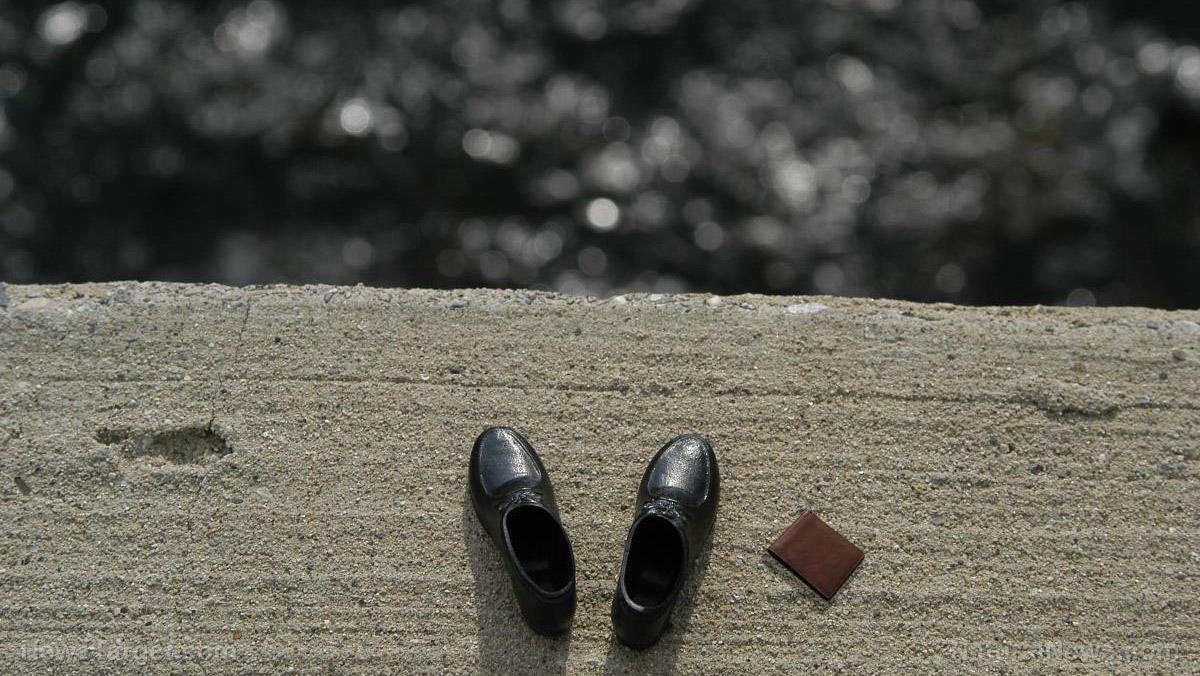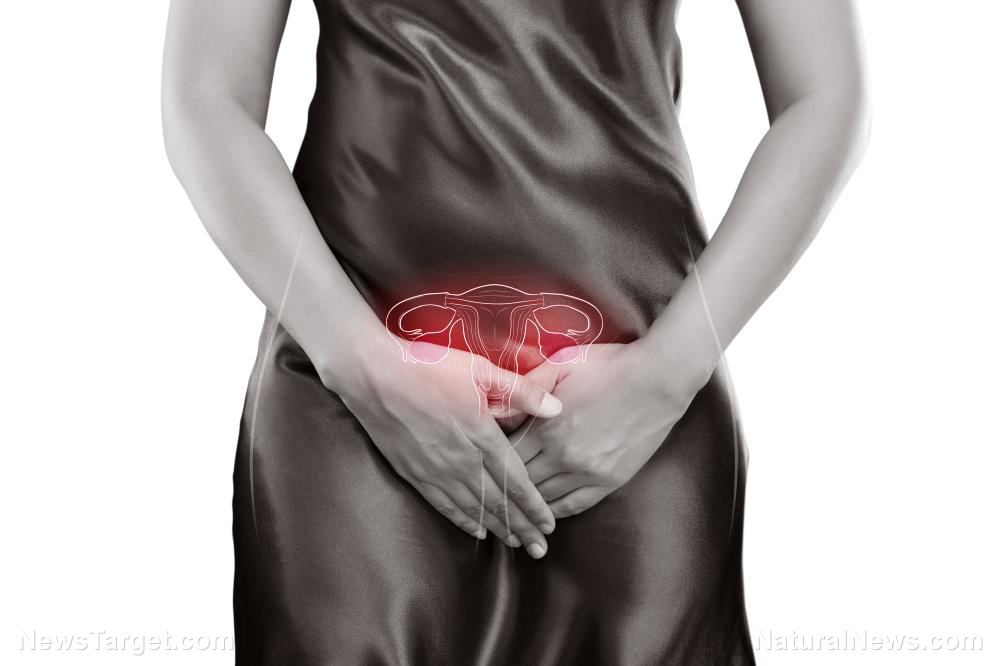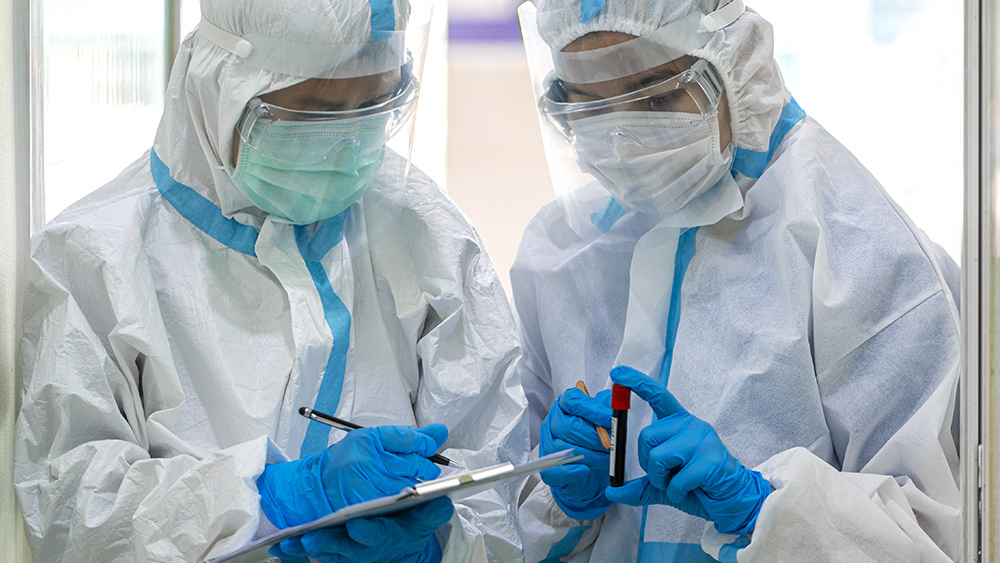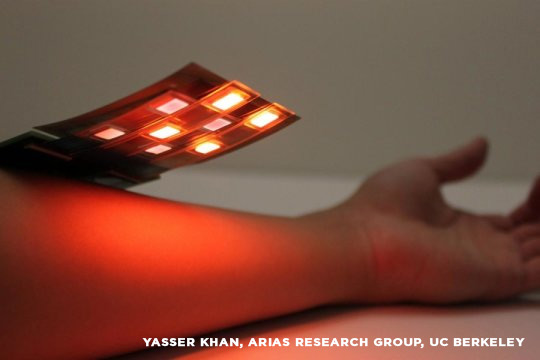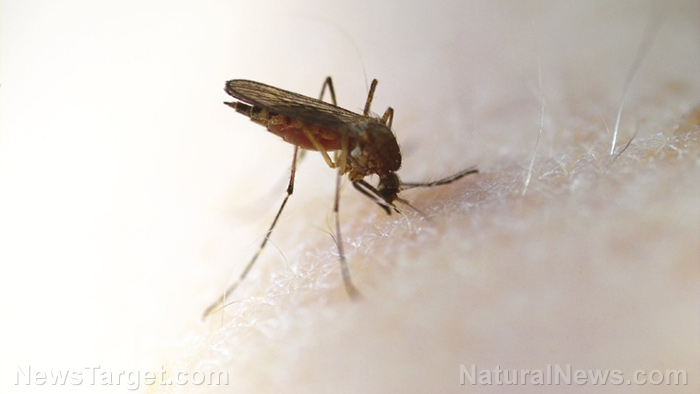Health tips: 7 Ways to control your blood pressure
07/04/2023 / By Olivia Cook

Originally coined in the 1500s, the adage “prevention is better than cure” is something you must have heard before. In other words, it means looking after yourself can dramatically reduce your risk of getting sick.
If you have been diagnosed with hypertension, maintaining healthy blood pressure is your priority. Adopting healthy lifestyle changes can greatly reduce your need for prescription medications.
Here are some tips to help you control your blood pressure without relying on meds:
Lose those extra pounds and manage your weight
Blood pressure often increases with body weight. Being overweight can also cause disrupted breathing while you sleep (sleep apnea), which further raises blood pressure. High blood pressure can strain your heart and cardiovascular system, and cause irreversible damage to your blood vessels in the long run. Shedding extra pounds and maintaining a normal weight is good not just for your heart health but also your metabolic health.
According to the American Heart Association (AHA), if your body mass index (BMI) is 25 or higher, losing five to10 pounds can help reduce your blood pressure as well as your risk of many health issues.
The size of your waistline is also important. Carrying too much weight around your waist can increase your risk of high blood pressure. In general, men with waist measurements greater than 40 inches (102 centimeters) and women with waist measurements greater than 35 inches (89 centimeters) are at an increased risk.
There is NO magic weight loss formula that works for everyone. To maintain a healthy weight, you should:

- Watch what you eat
- Choose nutritious foods
- Follow a healthy diet pattern (e.g., more fruits and vegetables, less fatty, sugary and processed foods)
- Get physically active
Exercise regularly
Exercise increases your heart and breathing rates. If you exercise regularly, your heart will eventually get stronger over time and pump with less effort. This will put less pressure on your arteries and lead to lower blood pressure.
It’s important to exercise regularly to keep your blood pressure from rising again. Aim for at least 30 minutes of moderate physical activity every day. You can easily increase your physical activity by:
- Using the stairs
- Walking or jogging instead of driving
- Doing household chores
- Gardening
- Going for bike rides, dancing and/or swimming
- Playing a sport
Being physically active can help prevent hypertension. Regular exercise can also help bring the blood pressure of people with hypertension down to safer levels.
According to a study published in the journal Advances in Experimental Medicine and Biology, doing aerobic and resistance exercises at least two days a week can help you control your blood pressure. In fact, the reduction in your blood pressure may last for up to 24 hours.
Eat smart
“Balance” is key to heart-healthy eating, says the AHA.
- Eat more low-calorie, nutrient-rich foods, such as fruits, vegetables and whole grains. (Related: Prevent hypertension by following a vegetable-rich diet.)
- Reduce your consumption of high-calorie, high-sodium, high-sugar foods, such as refined, highly-processed and sugary foods.
- Keep track of the number of servings you eat. Judging a serving size is a learned skill – defined by common measurements, such as cups, ounces or pieces. For example, one serving of pasta is about 1/3 to 1/2 cup, or about the size of a hockey puck. A serving of meat, fish or chicken is about 2 to 3 ounces, or about the size and thickness of a deck of cards.
- Use a small plate or bowl to help control your portions.
- Limit your intake of alcohol.
- Follow a “healthy” shopping list and do not shop when you’re hungry.
- Drink a glass of water or eat a small piece of fruit when hungry between meals.
Quit or avoid smoking
In the long term, the chemicals in tobacco can increase your blood pressure by:
- Causing inflammation
- Damaging your blood vessel walls
- Narrowing your arteries
The chemicals in tobacco can still affect your blood vessels even if it’s just second-hand smoke.
Make consistent, quality sleep a priority
During normal, uninterrupted sleep, your blood pressure goes down. Having sleep problems, therefore, means your blood pressure stays higher for a longer period of time.
Many experts recommend getting seven to nine hours of sleep per night, although some say that the quality of sleep is more important than quantity. Getting six hours of high-quality, uninterrupted sleep is more beneficial than eight hours of restless, interrupted sleep.
Manage your everyday anxiety and stress
Try the following:
- Avoid trying to do too much. Plan your day and focus on your priorities. Learn to say “no” because taking on too much and trying to please everybody or meet other people’s expectations can increase your stress. Allow enough time to get done what needs to be done.
- Focus on issues you can control and make plans to solve them. For an issue at work, talk to a supervisor. For conflict with kids or spouse, find ways to resolve it.
- Avoid stress triggers. For example, if rush-hour traffic causes stress, travel at a different time or take public transportation. Avoid people who cause stress if possible.
- Make time to relax. Take time each day to sit quietly and breathe deeply. Make time for enjoyable activities or hobbies, such as taking a walk, cooking or volunteering.
- Learn relaxation techniques. There are tons of tried and tested methods that can help you get a grip on your situation – breathing focus, meditation, having a mantra (a sound, word, or phrase that is repeated by someone who is praying or meditating), tai chi, yoga and others.
- Practice gratitude. Expressing gratitude to others can help reduce stress.
- Use positive self-talk. Turn your negative thoughts into positive ones. For example, Don’t say, “I cannot do this.” Instead, say, “I’ll do my best. I can do this.”
Monitor your blood pressure at home and get regular checkups
Home blood pressure monitors are widely available without a prescription and can help you keep tabs on your blood pressure as you age. Home monitoring can make certain your lifestyle changes are working.
Regular checkups are also key to knowing if your blood pressure is well-controlled.
Visit Heart.news for more stories like this.
Watch the following video to learn about hypertension and how to naturally treat this condition.
This video is from the Holistic Herbalist channel on Brighteon.com.
More related stories:
Healing herbs: Alternative remedies for hypertension.
Application of food therapy in TCM for controlling hypertension.
An Ayurvedic approach to hypertension.
Sources include:
Submit a correction >>
Tagged Under:
alternative medicine, exercise, fitness, food cures, food is medicine, health science, healthy diet, heart disease, heart health, high blood pressure, hypertension, men's health, natural cures, natural health, natural medicine, remedies, slender, stop smoking, tips, women's health
This article may contain statements that reflect the opinion of the author



